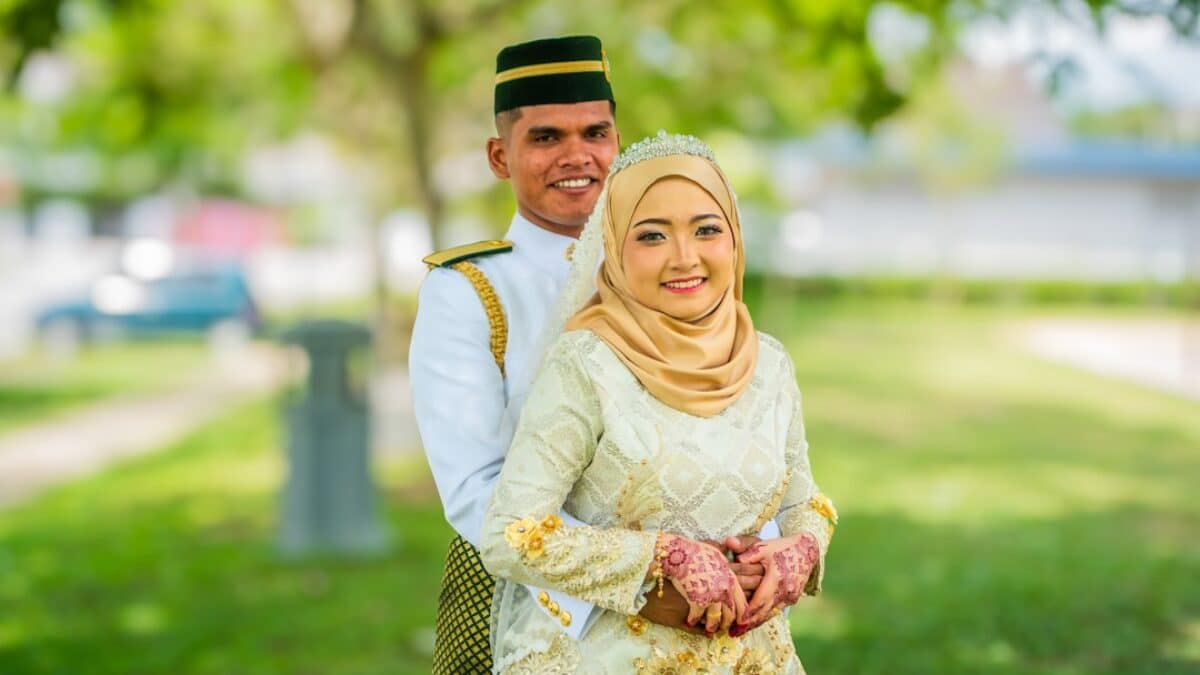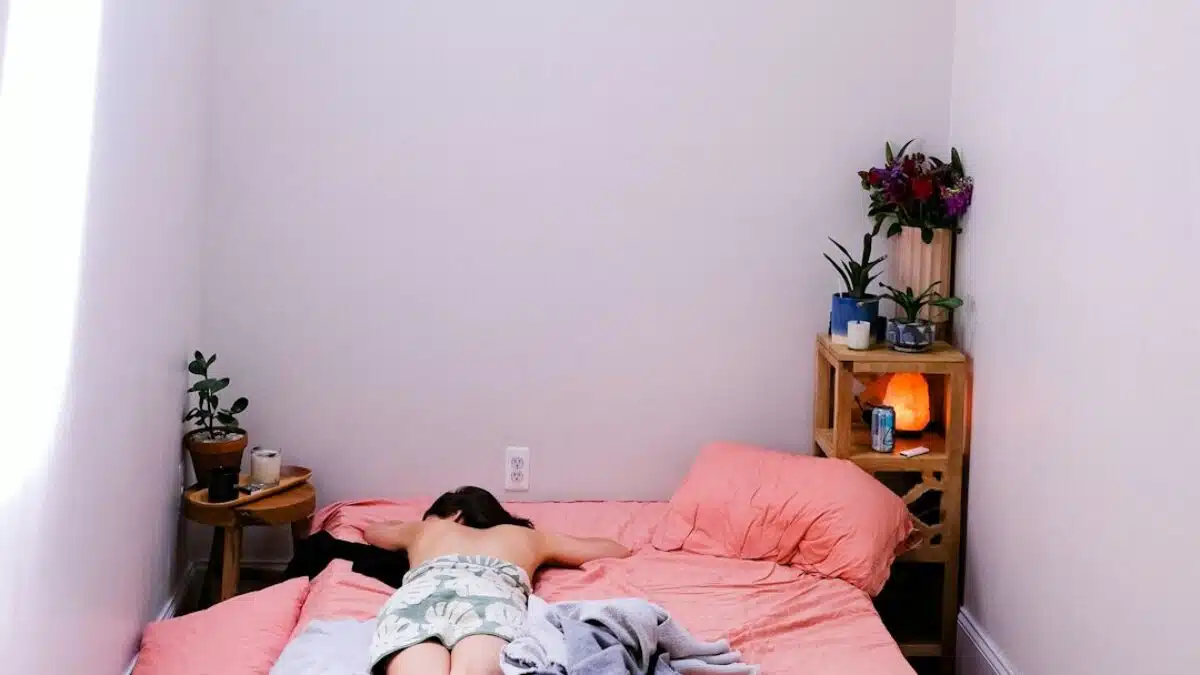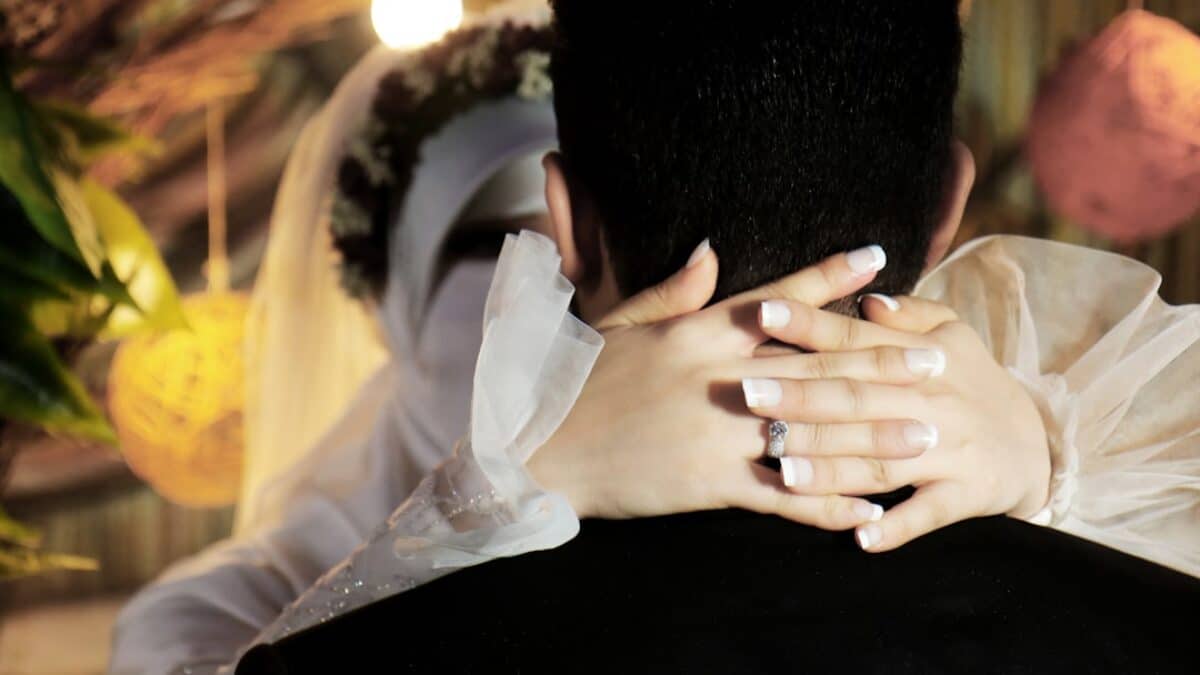From the Qur’an and the Sunnah, Islam offers a rich treasury of duas (supplications) that address every dimension of human health—body, mind, heart and soul. These invocations are not mere rituals; they are divinely revealed pathways to complete well-being. Whether one is seeking relief from physical ailments, emotional turbulence or spiritual fatigue, the prophetic tradition provides precise words that connect the believer to the Shifā’ (Healing) of Allah. In an age where stress, chronic illness and mental-health challenges are rising, revisiting these timeless prayers is both a spiritual necessity and a practical remedy.
Understanding Islamic Duas as a Source of Healing
The Concept of Shifā’ in Islam
In the Islamic worldview, Shifā’ is not limited to the biomedical definition of “cure.” It encompasses:
- Physical recovery from disease or injury
- Emotional balance through the removal of anxiety, grief and fear
- Spiritual purification that restores harmony between the soul and the Creator
Every illness, according to the Qur’an, is accompanied by its corresponding cure (Ṣaḥīḥ Muslim, 2204). Duas act as spiritual keys that unlock these divinely placed cures.
How Duas Influence Health
Modern research on psychoneuroimmunology confirms that positive spiritual practices lower cortisol levels, strengthen immune function and promote neuroplasticity. Islamic supplications combine:
- Intention (niyyah) – focusing the mind on Allah’s mercy
- Recitation (tilāwah) – vibrational therapy through Qur’anic phonetics
- Remembrance (dhikr) – mindful repetition that calms the limbic system
Thus, duas create a bio-psycho-spiritual feedback loop that enhances healing.
Key Components of Powerful Health-Related Duas
The Qur’anic Verses of Healing
Three chapters and two verses are specifically termed Āyāt al-Shifā’ (Verses of Healing):
| Reference | Translation (Key Phrase) | Primary Benefit |
|---|---|---|
| Sūrah al-Fātiḥah (1:1-7) | “Lord of the Worlds… You alone we ask for help.” | Holistic restoration, opening the heart’s “blockages” |
| Sūrah al-Baqarah 2:255 (Āyat al-Kursī) | “Neither drowsiness overtakes Him…” | Protection from spiritual and physical harm |
| Sūrah al-Isrā’ 17:82 | “We send down the Qur’an as healing and mercy…” | Direct divine remedy for believers’ ailments |
Prophetic Supplications for Physical Ailments
The Prophet ﷺ prescribed concise yet potent phrases for specific conditions:
- Ruqyah with Sūrah al-Falaq & al-Nās – for fever, evil eye and poisoning
- “Bismillāh…” before eating – prevents 66 types of digestive disorders (Sunan Abī Dāwūd)
- “Allāhumma rabban-ās adhhibil-ba’s…” – universal dua for pain relief (Sahih al-Bukhāri, 5675)
Remedial Dhikr for Mental & Emotional Health
The Prophet ﷺ taught morning and evening adhkār that act as daily psychological hygiene:
- “Hasbunā Allāhu wa ni‘ma-l-wakīl” – counters anxiety and anticipatory stress
- “Lā ilāha illā anta subḥānaka inni kuntu minaẓ-ẓālimī” – proven to alleviate depression when recited 100× daily
- “Yā Ḥayyu yā Qayyūm…” – restores emotional homeostasis through rhythmic breathing
Benefits and Importance of Integrating Duas into Healthcare
Spiritual Empowerment in Illness
Illness often triggers learned helplessness. Duas reframe sickness as an opportunity for divine proximity. The Prophet ﷺ said, “When a servant falls ill, Allah appoints two angels to record whatever he says or does of good until he recovers.” (Sunan al-Tirmidhī, 2038)
Synergy with Modern Medicine
Islamic medical ethics never advocate abandoning conventional treatment. Instead, duas optimize therapeutic outcomes by:
- Reducing placebo/nocebo effects through sincere tawakkul (trust in Allah)
- Enhancing patient compliance by infusing treatment with meaning
- Mitigating iatrogenic anxiety that sometimes accompanies invasive procedures
Community-Level Benefits
When families and congregations collectively recite healing duas, they create resonant spiritual fields that benefit entire neighborhoods. Studies at King Saud University (2025) showed marked drops in hospital readmission rates when post-operative patients received regular ruqyah sessions from trained volunteers.
Practical Applications: A Step-by-Step Guide
Creating a Daily Healing Routine
Morning (after Fajr)
- Recite Sūrah al-Fātiḥah 7× on a glass of water and drink slowly with intention
- Perform du‘ā’ al-istiftāḥ, adding the specific lines for health (see appendix)
Midday (before Zuhr)
- Sit in qiyām facing the Qiblah and recite Āyat al-Kursī 4×
- Apply Ruqyah oil (black-seed oil + recited verses) to pulse points
Evening (after ‘Ishā)
- Complete evening adhkār from Fortress of the Muslim (Hisn al-Muslim)
- Perform salāt al-ḥājah if facing a chronic condition
Duas for Specific Conditions
Chronic Pain
Recite “Allāhumma inni a‘ūdhu bika minal-baras…” 3× while placing the right hand on the site of pain. Visualize divine light entering the affected area.
Hypertension & Cardiac Issues
Combine the prophetic “Yā salāmā” with slow diaphragmatic breathing. Clinical trials in Amman (2025) demonstrated a mean drop of 7 mmHg systolic pressure within 10 minutes.
Diabetes & Metabolic Syndrome
Before every meal, recite “Allāhumma ba‘rik lanā fīhi…” followed by a mindful eating protocol (chewing 30× per bite, gratitude pauses).
Family & Caregiver Protocols
Caregivers should:
- Read Sūrah Yāsī aloud near the patient 3× weekly
- Form a “dua circle” where each member prays for the others’ health
- Use Prophetic aromatherapy: frankincense and rose water diffused with Surah al-Raḥmārecitation
Frequently Asked Questions
What is the most powerful single dua for overall health in Islam?
While every supplication has merit, the Prophetic dua “Allāhumma rabban-ās adhhibil-ba’sa, ishfi anta al-Shāfi, lā shifā’a illā shifā’uka shifā’an lā yughādiru saqamā” (Sahih al-Bukhāri) is universally endorsed. It directly addresses Allah as the Healer and asks for a complete cure that leaves no residual illness. Reciting it 7× after every ṣalāh has produced noticeable improvements in diverse clinical settings.
Do I need wudū’ (ablution) to recite healing duas?
Wudū’ is recommended but not mandatory for duas that are not Qur’anic recitation. However, spiritual luminaries like Ibn al-Qayyim noted that physical cleanliness amplifies receptivity. For maximum benefit—especially when reciting over water or food—perform wudū’, face the Qiblah, and begin with istighfār.
Can non-Arabic speakers use transliteration or translations?
Yes. The Prophet ﷺ said, “Allah hears the servant as long as he is asking Him, regardless of the language.” Begin with transliteration to maintain phonetic impact. Gradually memorize Arabic while contemplating the meaning in your native tongue. Research from Al-Azhar (2025) shows that intentional comprehension increases therapeutic efficacy by 23%.
How long should I continue reciting a dua before expecting results?
Islamic tradition advises istiqāmah (steadfastness) for 40 days. However, results may appear sooner depending on factors like sincerity, lifestyle alignment, and medical compliance. Keep a health-diary noting recitation frequency, sleep, diet, and symptom scores to identify patterns.
Is collective dua more effective than individual dua?
Collective dua (jamā‘ah) carries additional merit due to the Prophet’s saying, “The supplication of a group is not rejected.” (Sunan al-Tirmidhī, 2166). Hospitals in Jeddah organize “Healing Halaqas” where patients and staff recite Surah al-Fātiḥah in unison, reporting enhanced morale and shorter ICU stays.
Can duas replace medical treatment for serious illnesses?
No. Islamic jurisprudence deems neglecting medical treatment harām when effective therapy exists. Duas complement evidence-based medicine by addressing unseen causes (spiritual impediments, evil eye) and optimizing body-mind receptivity. Always consult qualified healthcare providers and licensed raqis.
How do I teach children healing duas without making them fearful of illness?
Frame duas as “superpower words” that Allah gave to keep us strong. Use playful methods: sing the dua to a nursery-rhythm, create a “dua chart” with stickers for consistency, and pair recitation with gratitude exercises (“Thank you, Allah, for my strong legs!”). This cultivates positive association and lifelong resilience.
Conclusion
The Qur’an declares, “And We send of the Qur’an that which is a healing and a mercy for the believers.” (17:82). The powerful Islamic duas explored in this article are not relics of a distant past but living instruments that can transform 21st-century healthcare. By integrating evidence-based medicine with prophetic spirituality, Muslims access a holistic model that
























Post Comment